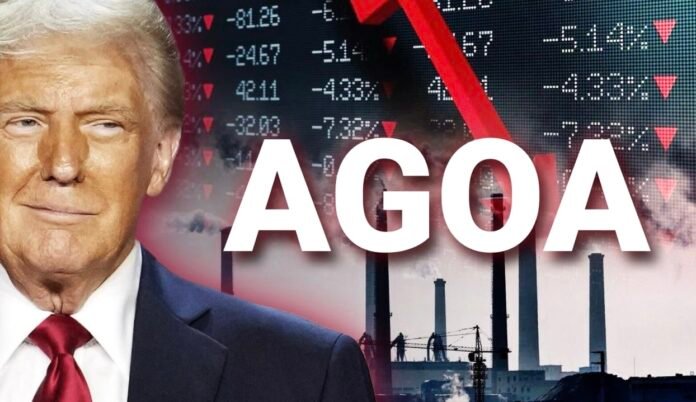Businesses across Africa are holding their breath as the continent awaits a decisive ruling from the White House on whether to renew or terminate the African Growth and Opportunity Act (AGOA).
Enacted by the US Congress 25 years ago, AGOA was designed to boost African economies by supporting indigenous enterprises and strengthening economic ties with the continent, once heralded as a region of vast potential.
Over the years, the agreement has enabled more than 30 African countries to benefit from duty-free access to US markets, with annual exports peaking at $9.3 billion before sliding to $8 billion in recent years. Agricultural products make up the bulk of these exports, with Nigeria and Ghana among the leading beneficiaries.
But time is running out. AGOA is set to expire later on Tuesday, and with no clear sign of an extension, anxiety is mounting among businesses across the continent. Observers say the program’s fate may be tied to a Republican-led stopgap funding bill aimed at preventing a US government shutdown.
Unofficial reports from White House insiders suggest that President Donald Trump may consider extending AGOA for at least one more year, offering a glimmer of hope.
Without renewal, however, the consequences could be severe. Southern African economies—including South Africa, Lesotho, Madagascar, and Botswana—stand to lose thousands of jobs tied to AGOA-supported exports. Mauritius and Kenya, heavily reliant on textiles, automotive, and apparel sectors, also face major disruptions. Industries in Chad, Eswatini, and Malawi would not be spared either.
The ripple effects could reach the US as well. American businesses may face higher import costs and fewer market options if African suppliers lose preferential access.
For now, African nations and businesses can only wait, bracing for what could be a defining moment in US-Africa trade relations.
Source:Africa Publicity








